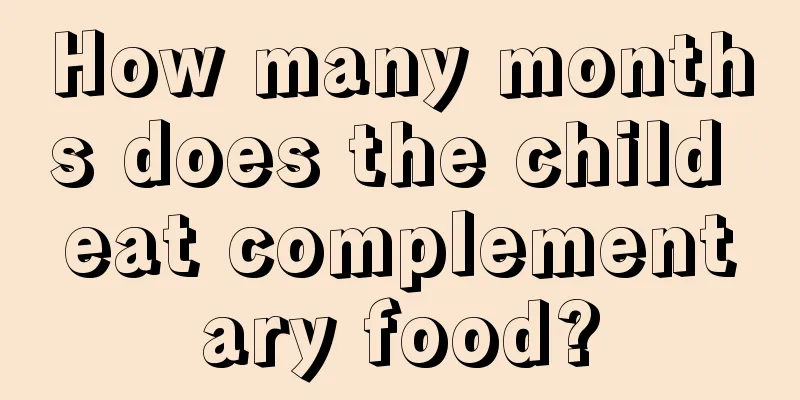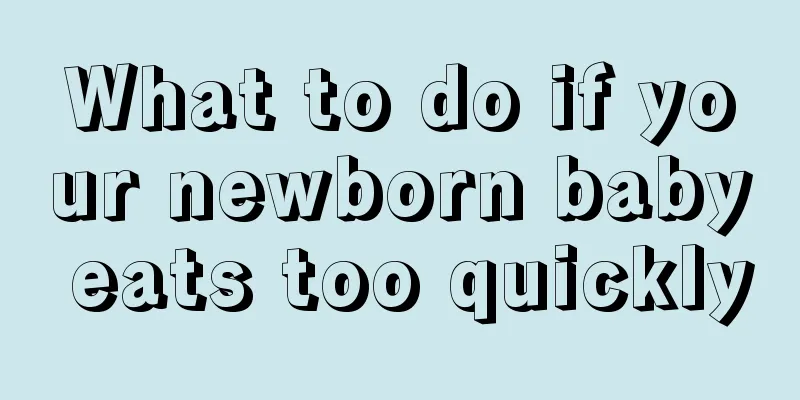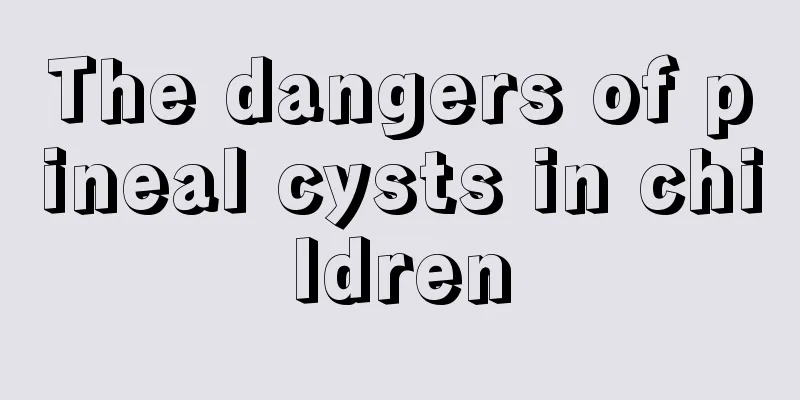Baby's night sleep time

|
A baby’s daily routine is completely irregular, especially when they are just born. They cry and make a fuss, sleep when they are sleepy, and eat when they are hungry. However, children will not always be like this. As they grow older, they will gradually form normal habits. Children’s sleep time at night is different from that of adults, and many parents don’t know how to grasp it. So, how long do babies sleep at night? Let’s take a look.
A baby's sleep time is proportional to his or her age in months. As the baby grows, the sleep time will gradually shorten and the wakefulness time will become longer. Generally speaking, newborn babies need about 20 hours of sleep a day; at about 2 months old, they need 18 hours; at 4 months old, they need about 16 hours; at 9 months old, they need 15 hours; at 1 year old, they need about 13 to 14 hours; after 2 years old, 10 to 12 hours is enough. In order for children to grow and develop better, sleep time should not be too long or too short. What time do you go to bed? According to the unique rules of infant growth secretion, it is best to start sleeping at 20:00 and fall into a deep sleep at 21:00, because growth hormone can only be produced during sleep, and the peak period of secretion is generally from 22:00 to 1:00 in the morning. Only when the baby sleeps well can he grow taller.
According to the depth of the newborn's sleep, baby sleep can be divided into six categories: two sleeping conditions (deep sleep and light sleep), three wakefulness states (quiet, active, crying), and one drowsy state. 1. Quiet sleep (deep sleep) The baby's eyes are closed and his facial muscles are relaxed. His breathing was even, and except for occasional small movements such as startling, he was in a resting state.
Generally speaking, the time spent on deep sleep and light sleep is about the same, and one will be in a light sleep state before waking up. The eyes will open briefly, the eyelids will flutter, and rapid eye movements can be observed. Breathing is irregular and faster than in deep sleep. The limbs will occasionally move, and the facial expressions are rich, sometimes chewing or sucking. 3. Sleepiness This state usually occurs when you are about to fall asleep or just wake up. The eyes are not completely closed, the eyelids are flickering, the gaze is slightly sluggish, and the reaction is slow. They may have frowning and pouting expressions, sleep uneasily, and be easily frightened. At this time, keep quiet and don't disturb the baby's sleep because of some small movements that may wake him up. |
<<: Is it normal for the baby to have cross-eye contact?
>>: Why do babies like to scratch their faces?
Recommend
Clinical manifestations of sepsis in children, high fever needs to be vigilant
Pediatric sepsis is an inflammatory response caus...
What should I do if my child has brainstem encephalitis?
Brainstem encephalitis sounds scary just by sound...
Is it OK to bathe a child with a fever?
In the past, it was common for many children to h...
Treatment of Down syndrome in children
Nowadays, examples of children with Down syndrome...
What are the symptoms of anemia in children?
There are many reasons that can cause anemia in c...
Symptoms of calcium deficiency in babies under one month old
Children's health is often what parents care ...
What should I do if my child has a fever of 42 degrees?
Generally speaking, a fever above 38 degrees is c...
What should I do if my child is allergic to peaches?
How many types of peaches are there that we usual...
How to apply for a child's medical insurance card
It is inevitable that children will get sick and ...
What is the reason for the blood in the stool of a ten-month-old baby?
Mothers who have just had a baby should pay atten...
How to change baby diapers in winter
The weather is cold in winter. As a family with a...
Why do children's cervical lymph nodes swell?
Children are relatively weak and may experience s...
Why do babies have hemangiomas?
In our lives, many babies have hemangiomas when t...
What to do if your baby has a viral rash
In life, many people do not have a real understan...
What should I do if my child’s skin is burned?
It has to be said that some parents are really ca...









